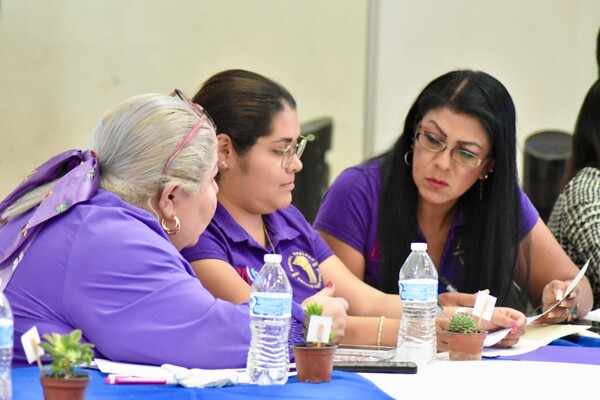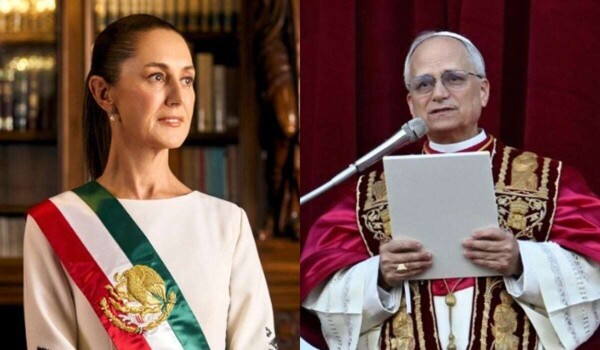
Constitutional reform number 211, which adds fraction X of article 5 of the local Constitution, establishes that the superior interest of girls, boys, and adolescents shall prevail over any practice based on customs and traditions that violates their rights. Despite having legislative approval, the lack of approval from all the city councils had delayed the official publication of the decree in the Official Newspaper of the State for it to take effect.
Deputy Citlali Calixto, president of the Constitutional and Legal Studies Commission of Congress, pointed out that the situation is related to the aforementioned reform, which has generated national debate about the validity of traditional practices that go against human rights, especially in indigenous communities where it is customary to justify certain unions as part of cultural identity.
According to the United Nations Population Fund (UNFPA), Mexico ranks second in Latin America regarding the incidence of child marriages, surpassed only by Brazil. States such as Guerrero, Chiapas, and Oaxaca present high prevalence rates of child, early, and forced marriages and unions. For example, in Guerrero, more than 30% of women aged 20 to 24 were married or joined before the age of 18.
Following the controversy triggered by the wedding of two minors aged 12 in San Pedro Cuitlapan, sheltered under "customs and traditions," 39 municipalities in the State of Guerrero have validated a local constitutional reform that prohibits child marriages and forced cohabitation. This reform, approved two years ago, had been unable to take effect due to the lack of support from municipal councils.














